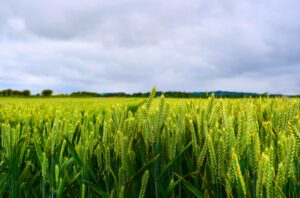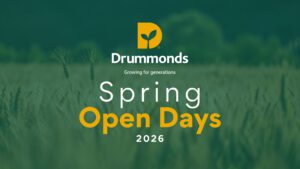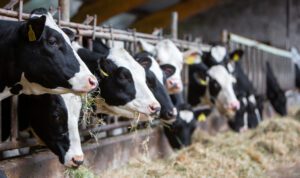Tillage Area
Currently, the national tillage area across cereals, maize, oilseed rape, protein and beet is approximately 335,000 ha. Recently, the minister for Agriculture, Food and the Marine complimented the resilience of the tillage sector and noted an increase in the total area by 21,000 ha over the last four years.
A wet back end led to only 94,000 ha sown, a 30% reduction on the last 5 years. Thankfully a large quantity of spring cereals were sown, balancing the national area to within 3% of last year’s figures.
The diversity of non-cereal crops, including protein crops, beet, maize and oilseed rape increased by 5% to 71,500 ha. Protein crops increased by 20%, with maize also increasing by 20% this year.
Harvest 2024
The harvest has kicked off across the country, with many Winter Barley and Winter Oat crops wrapped up. Grain quality has proven positive this year despite the less-than-ideal conditions for filling and in the lead up to harvest. It is an important time to assess how a variety performed on your farm and note strengths or weaknesses that will assist in choosing a variety for the season ahead.
Drummonds are delighted to have our own Winter Barley variety for the season ahead, Molly, which is our BYDV tolerant variety that has excellent potential to yield. Holding the BYDV tolerant trait is an excellent advantage, especially for Irish conditions where pressure can be high. Molly scored 102 on the recommended list for 2024, with excellent disease ratings on Rhyncosporium and Mildew. Molly has excellent tillering capacity allowing for rapid ground cover in spring.

Herbicide Resistance
Teagasc have published information on the results of herbicide resistance testing from 2023 which confirm that the extent of resistance is rising across many of the important weed species.
Over 75% of blackgrass and Italian ryegrass tested was resistant to the ACCase group of herbicides, this includes popular products such as Axial, Falcon, Stratos. Tests have also found chickweed, corn marigold and speedwell resistant to ALS-type herbicides, and poppy resistant or tolerant to ALS and/or hormone type herbicides.
A Weed Watch 2024 campaign has been launched to encourage members of the tillage community to take samples of any suspected resistance grass and broad-leafed weeds and send them for testing. This includes blackgrass, Italian ryegrass, poppy, wild oats and speedwell. There is a free testing service at Oakpark which allows growers the opportunity to test and identify problem weeds and consult your Drummonds Agronomist to plan an integrated herbicide programme for the year ahead.

Glyphosate label changes
Due to the re-registration of glyphosate products, there are some changes to be noted, including changes in PCS numbers.
Some of these changes include (rates based on 360g/L product):
- The use of glyphosate for harvest management on oilseed rape is not allowed – it can only be used for weed control, same as cereals;
- The pre-harvest use of glyphosate on beans is not allowed in any circumstance.
- Glyphosate for pre-harvest weed control is only permitted when the crop is greater than BBCH 87 and grain/seed moisture is less than 30%.
- Glyphosate for grassland destruction, the maximum rate is now 4L/ha – please note the change from 6L/ha.
- For post-planting and pre-crop emergence, the maximum rate for glyphosate is now 1.33L.
- The maximum rate for glyphosate on non-crop areas is now 5L/ha – note a change from 6L/ha.
- Weed wipers are no longer an approved application method.
Authorisations for the ‘old’ label glyphosate products expired on March 31, 2024. NOTE existing stocks of these products can be used up until September 30, 2025.
Drummonds would like to wish all our customers continued success throughout this years’ harvest.



